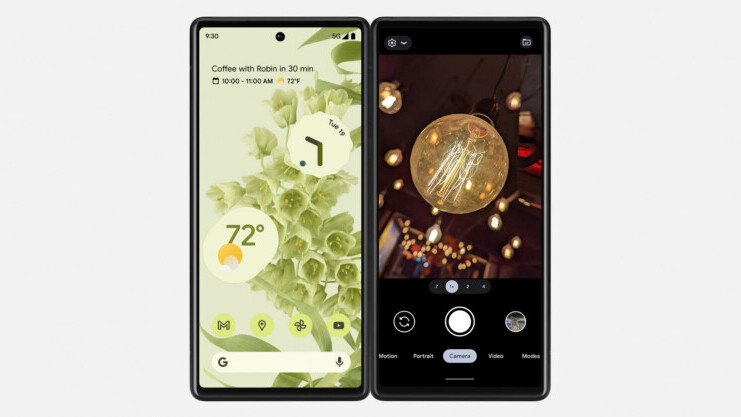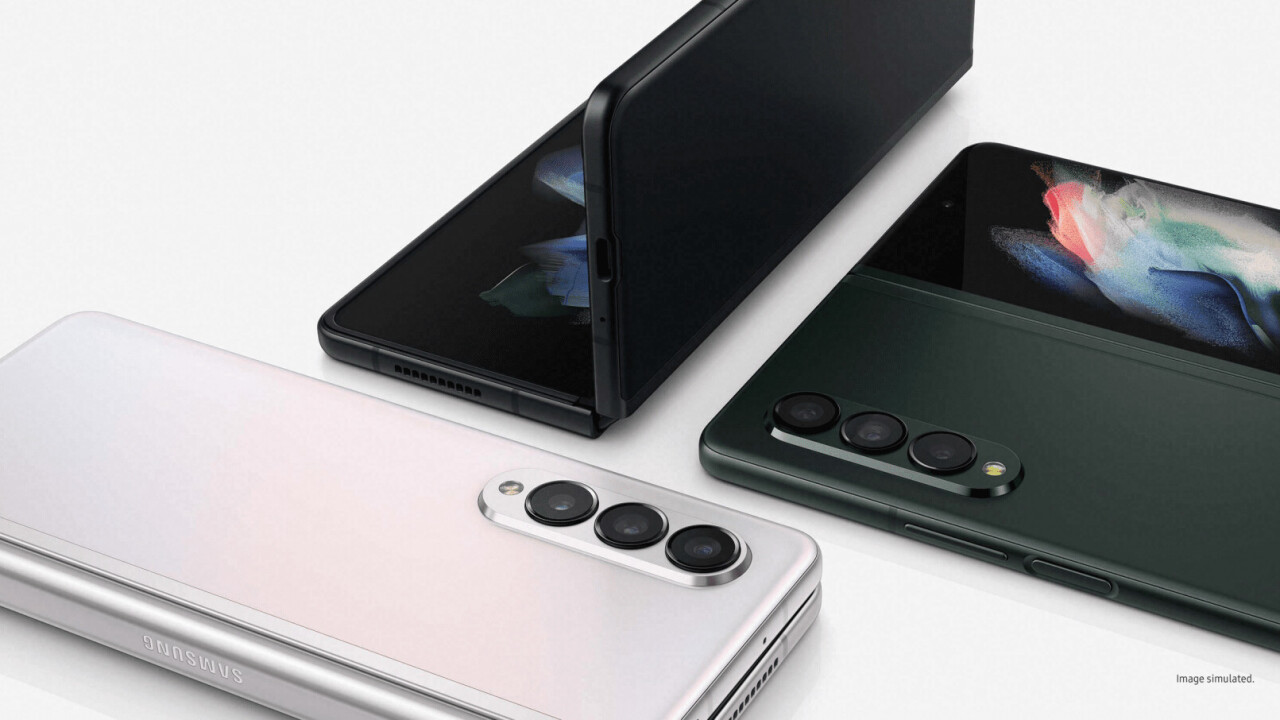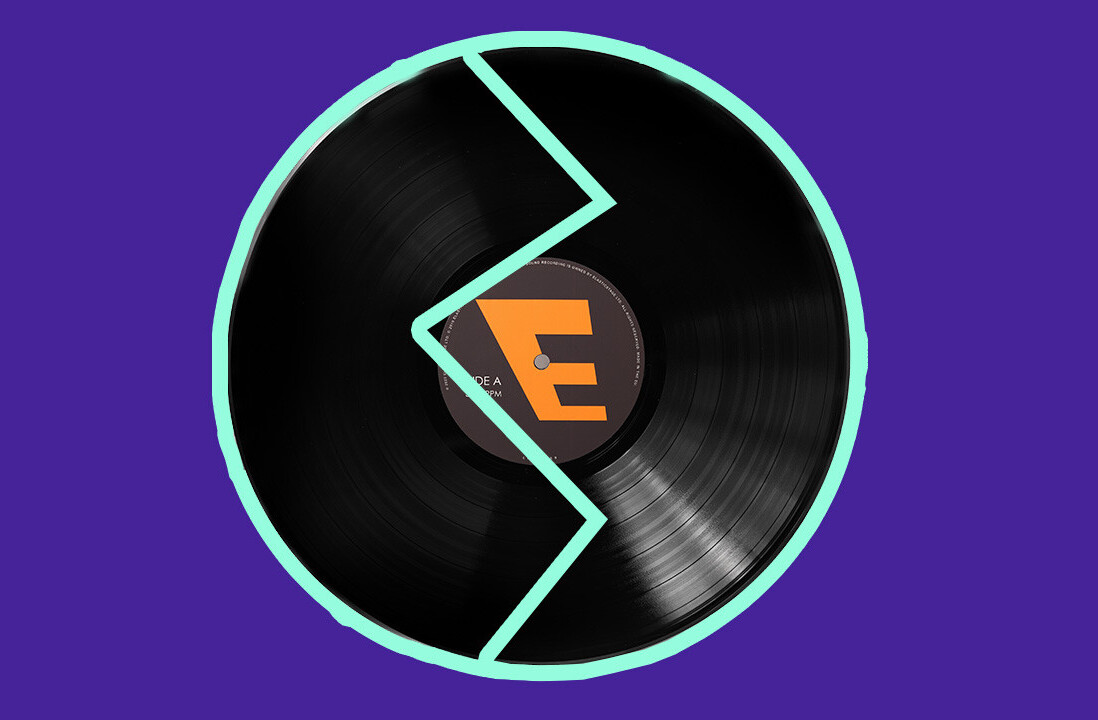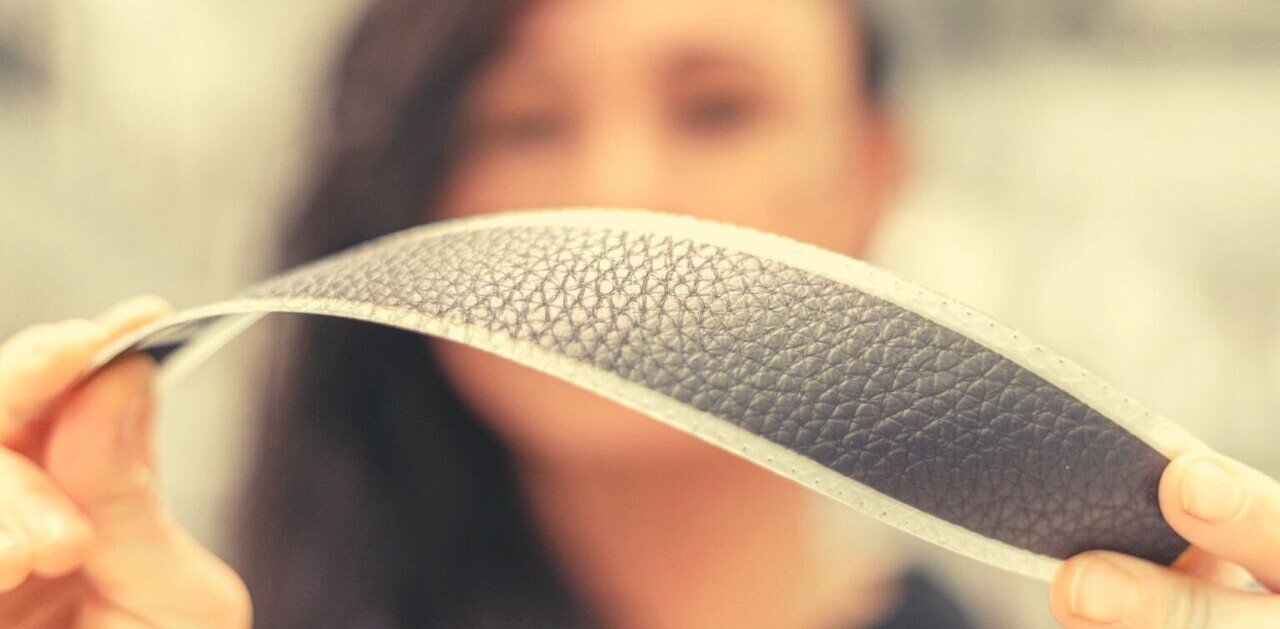
We’ve been hearing rumors about a ‘Pixel Fold’ for years now, but leaks have ramped up lately, suggesting Google may finally be ready to unveil it early next year. But if the latest leaks turn out to be true, the Pixel Fold may not be quite as premium a device as many were expecting — and might not be such a bad thing.
Last week, 9to5Google reported that the foldable Pixel may not be using the same giant camera sensor in the Pixel 6 and 6 Pro, instead opting for what appears to be the same old, small sensor in the budget Pixel 5a… as well as the Pixel 5, 4a 5G, Pixel 4 and Pixel 3. Google has sure gotten a lot of mileage out of that Sony IMX363 sensor.
I’ve been thinking about this leak a lot. At first glance, that’s a shame. The Pixel 6 and 6 Pro showed that Google was finally getting serious about hardware. Google used one of the best camera sensors on the market, the massive Samsung GN1, for its primary camera, immediately catapulting its imaging hardware to match some of the best in the biz.
To go back to a tiny-by-2021-standards sensor seems like a misstep for a company that has spent the past several months building up its hardware cred, in no small part because of the Google Tensor processor.
But after my initial disappointment, I’ve come to realize this news might actually be pretty great. It points to one important possibility: a cheap folding phone. Relatively speaking, anyway.
Make the price right
Now, I obviously have no way of knowing for sure how much the foldable Pixel will cost, but if the Pixel 6 is anything to go by, I’d bet my bottom dollar that Google is aiming for very aggressive pricing.
At $599, the smaller Pixel 6 undercut other flagship competition by a substantial margin, likely shaking up the way phone makers will price their devices going forward. The Pixel 6’s hardware is in many ways comparable to the iPhone 13 and Galaxy S21’s, but Google’s phone comes in $200 cheaper than those phones did at launch.
Meanwhile, folding phones so far have been ludicrously expensive — especially the ones that unfold into tablet-sized devices. The Galaxy Fold 3, the most famous of these, costs $1,800. It’s the price alone that automatically eliminates these types of devices as an option for many people.

The Galaxy Flip 3 made a big step toward making folding phones more accessible by bringing the price down to $1,000. But having tested the Flip and Fold concurrently, I think it’s pretty clear the former is the more interesting and more useful device.
The folding screen is mostly a novelty on the Flip — a cool party trick with the occasional benefit of helping you disengage from your usual barrage of notifications. But at the end of the day, you’re still doing the same phone stuff you’ve always done, but on a device with a smaller battery and less durable screen.
The Galaxy Fold, on the other hand, completely changes the way I think about using my phone. It’s pretty much a tablet with a useful stylus, and I can actually get some real work done on it.
The problem, again, is the price.
So if Google can price the phone cheaper by using the same sensor it’s had since 2018, so be it. Given recent trends and the choice of sensor, I’m convinced Google is looking to announce the foldable Pixel to a price far lower than the Galaxy Fold 3. I’m completely making a guess here, but I would be shocked if it were a cent more than $1,500, and I expect to be closer to $1,200. If we’re lucky, even less.
A big sensor isn’t necessary
But will people still want to buy a high-end phone with a wimpy camera sensor in 2021? I’d argue that if it’s from Google — and the price isn’t too high — the answer is yes.
I’m not sure any other company (besides maybe Apple) could get away with that, but Google has lagged behind the camera hardware in its competitors’ devices for years now. Still, its phones have regularly been considered to deliver some of the best images on the market, because Google’s processing is just that good.
In a kind of ironic way, the Pixel 6 and 6 Pro themselves are the best proof of it.

The Pixel 6 Pro may very well have the best cameras on the market, but having tested the phone shortly after the Pixel 5a, two things stood out in particular:
- In most conditions, the Pixel 5a’s images look quite similar to the Pixel 6’s.
- The best features in the Pixel 6 were related to the Tensor chip, not the camera hardware itself.
Don’t get me wrong; the Pixel 6 Pro’s fancy telephoto lens is excellent, and the camera does edge out its predecessors in every respect, especially in extremely low light or in creating shallow depth of field. If Google could make an affordable Pixel Fold while keeping the same hardware in the Pixel 6 Pro, I’d be all for it. But for day-to-day images meant to go on social media, these improvements are largely subtle.
In many ways, the Pixel 6’s camera hardware is kind of a flex; it’s as if Google is telling us “see? we didn’t need the best sensors to deliver great images, but at least now you’re getting your money’s worth.” For most situations, the Pixel 6 didn’t provide the dramatic generational leap that I think many of us were expecting, simply because Google was already pushing the limits on the software side.
Instead, it was the Tensor-powered features like the Magic Eraser and Motion Mode that really wowed me. And it is practically a guarantee that the foldable Pixel will use the Google Tensor chip.
A foldable phone people will actually buy?
I realize there’s a lot of conjecture and guesstimating in this opinion article, but given what we saw with the Pixel 6, I have little doubt Google wants to make the Pixel Fold as tempting of a purchase as possible. Besides, it’s unlike Google to target the ultra-premium price range. As a brand, Google has rarely played in that luxury space the way Apple and Samsung do, and it’s had a history of undercutting competitors starting with the old Nexus phones.
Think about it: which would you be more likely to buy? A Pixel Fold that costs $1,800 with some of the best camera hardware on the market, or a $1,200 Pixel Fold that takes only a mild hit in image quality?
I know which one I’d pick.
Get the TNW newsletter
Get the most important tech news in your inbox each week.




